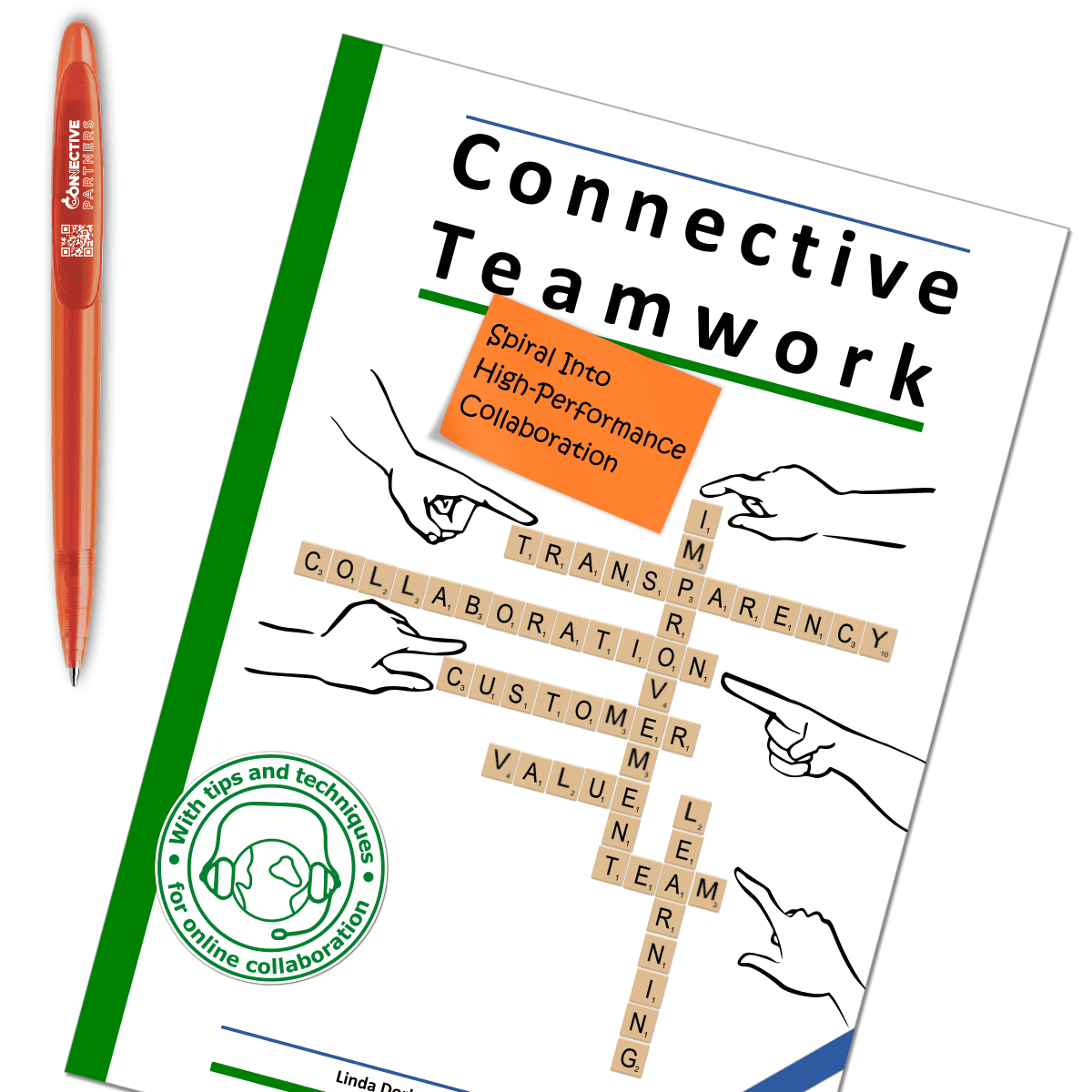Goal
The concept of the Indian Talking Stick contributes to really listening to each other and responding to what the previous speaker has said. It prevents endless discussions where everyone mainly has their own say, without really listening to what others have to say.
The two main principles of the Indian Talking Stick are: only the person who has the Talking Stick (this can be any object) is speaking, and the Stick is only passed when the speaker feels understood and the next person who wants the floor has summarized the previous speaker’s message to their satisfaction. Deploy the Indian Talking Stick when you feel team members are talking past each other or not listening to each other.
- Faster decision making
- More balanced decisions
- More commitment on following though on decisions
Video
Indian Talking Stick (3 minutes, EN)
Stephen Covey calls the Indian Talking Stick the most powerful form of communication he has ever encountered. In this video he explains why.
To Work

The Indian Talking Stick is an instrument of indigenous Indian democracy. The talking stick is passed around a group, as multiple people speak in turn.
The rules are:
- Only the person holding the stick can express their idea
- Other people can't add, agree or disagree, only ask clarifying questions
- The speaker passes along the taling stick as soon as they feel understood
Feeling understood is therapeutic and healing. Participants are therefore open to problem-solving. The energy of the group is transformed from negative to positive, from defensive to creative, allowing alternative solutions to emerge that are better than what everyone initially proposed.
Source
The Indian Talking Stick was traditionally used by Indian communities in North America and has been popularized by Stephen Covey.
You find more techniques to improve teamwork in our book Connective Teamwork (EN, NL). The book helps you set your team in motion with a practical 5-step plan and 20 teamwork techniques.
You can learn more about and practice this technique in our Connective Team Coach Training Course.

Contact me



